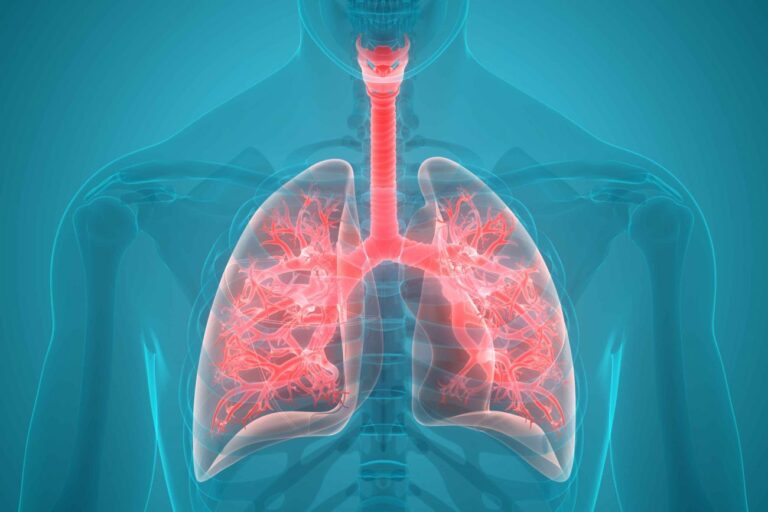The cannabis plant has been blooming in the wild for thousands of years. Its chemical constituents’ density and high concentration make it a complex substance to move. Delta 8 gummies are a subset of these compounds that interact with receptors throughout the body to have a wide range of effects on our mental and physical health.
By far, the most well-known of these cannabinoids is delta-8-tetrahydrocannabinol (THC). THC may be the most well-known psychoactive component of the cannabis plant, but it is far from being the only powerful chemical present in flowers.
Proven Effective As An Antiemetic
Delta-8 THC is beneficial as a medication for treating nausea and vomiting. The relevance of THC in avoiding vomiting is not new. Still, studies have demonstrated that delta-8 THC helps decrease or stop vomiting and alleviates queasy feelings for quite some time. Delta-8 THC has not addressed these issues because of its vital psychedelic component.
A More Effective Appetite Enhancer
The “munchies” are a common side effect of marijuana use, and delta-8 THC is considerably more potent in stimulating appetite and regulating nutrient absorption. Interestingly, it seems that even low doses of delta-8 THC might have a remarkable effect on appetite. Cancer patients might benefit from this, but so could anybody who struggles with poor hunger.
A Possible Pain Reliever
Evidence suggests that tetrahydrocannabinol (THC) is an effective therapy for both central and neuropathic pain. Because of its anti-inflammatory properties, THC has the potential to alleviate pain directly at its source. In addition, it regulates the release of glutamate, dopamine, and serotonin in the brain. These hormones may modulate pain signals because they handle cell communication. THC is effective for pain relief similarly in that it modifies the perceived feeling of pain.
Potentially Beneficial To Brain Health
One of the main reasons there has been so much research on delta-8 THC recently is because scientists want to learn more about its beneficial effects on the brain. The powerful neuroprotective potential of delta-8 THC has been the subject of many studies. Among its many roles, it inhibits adenyl cyclase and regulates potassium and calcium channels in the brain and spinal cord. These activities improve cognitive function and well-being.
Concluding Remarks
Delta-8 comes in a variety of packages and may be in some ways. If smoking or vaping isn’t your thing, you can always eat it or take a tincture or sublingual aerosol spray. Many of the benefits of delta-8 may be a risk of unwanted side effects or a drop in performance or output. It broadens how you may take in THC. Because of its many benefits, it should be more readily accessible, especially in states where both THC and CBD are legal.









